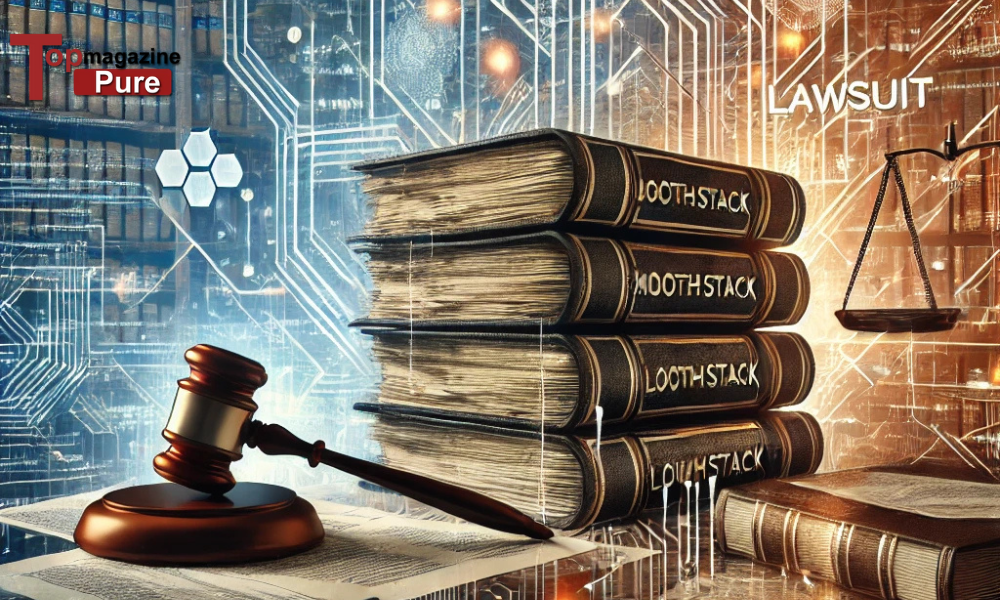The Smoothstack lawsuit has garnered significant attention, especially within the tech and recruitment industries. Smoothstack, a technology talent incubator, has faced legal scrutiny and criticism from individuals and industry experts. This article delves into the critical aspects of the lawsuit, examining the allegations, company response, potential implications, and the broader impact on the tech industry.
Background of Smoothstack
What is Smoothstack?
Smoothstack is a U.S.-based technology firm that recruits, trains, and deploys IT talent for various organizations. The company positions itself as a bridge between aspiring tech professionals and companies looking to address talent shortages in IT fields such as software development, cybersecurity, and data analytics.
Smoothstack’s Business Model
Smoothstack’s model typically involves:
- Identifying candidates with potential.
- Providing them with technical training.
- Placing them with client companies.
Trainees often sign contracts that commit them to work with Smoothstack or its affiliates for a specified period post-training. This approach has drawn praise for creating job opportunities and criticism for alleged restrictive practices.
Allegations in the Smoothstack Lawsuit
The Smoothstack lawsuit primarily centers around claims of unfair labor practices, restrictive contracts, and potential violations of labor laws. Some of the notable allegations include:
Restrictive Employment Contracts
Trainees have alleged that the contracts they sign impose excessively restrictive terms. These contracts reportedly include lengthy commitments, financial penalties for early termination, and non-compete clauses that limit career mobility.
Wage Disputes
Some plaintiffs claimed they were underpaid during their employment or training period. Allegations of unpaid wages and misclassification of employees have also surfaced.
Lack of Transparency
Critics argue that Smoothstack’s business practices lack transparency, particularly regarding the terms of their training programs and post-training obligations.
Legal Violations
The lawsuit claims that specific contract terms may violate state and federal labor laws, particularly those designed to protect employees from exploitative agreements.
Smoothstack’s Response to the Lawsuit
Smoothstack has denied the allegations in the lawsuit, maintaining that its business practices are ethical and compliant with labor laws. The company emphasizes providing valuable training opportunities and career pathways for individuals seeking to enter the tech industry.
Key Points from Smoothstack’s Statement
- Commitment to Talent Development
- Smoothstack asserts that its training programs are designed to equip candidates with skills that increase their employability and earning potential.
- Defense of Contracts
- The company has defended its contracts, stating they are necessary to recover training costs and maintain operational sustainability.
- Focus on Client Satisfaction
- Smoothstack highlights its successful track record of placing trained candidates in reputable organizations, arguing that its model benefits trainees and clients.
Broader Implications of the Smoothstack Lawsuit
Impact on Employees
The Smoothstack lawsuit raises questions about the rights and protections of employees in industries with similar talent development models. If the allegations are proven, it could lead to greater scrutiny of companies employing similar contractual arrangements.
Regulatory Oversight
The lawsuit underscores the need for clear regulations around employment contracts, particularly in emerging industries where training and placement models are prevalent. Legislators and labor advocacy groups may push for stricter oversight to ensure employees are not subjected to unfair terms.
Repercussions for the Tech Industry
As the tech industry grapples with talent shortages, companies like Smoothstack are crucial in bridging the gap. However, controversies like this could discourage potential candidates from participating in such programs, impacting the availability of trained IT professionals.
Key Legal Precedents and Their Role
The Smoothstack lawsuit also highlights the importance of legal precedents in determining the validity of employment contracts. Cases involving non-compete clauses, wage disputes, and labor violations could influence the lawsuit’s outcome and set new standards for the industry.
Public Opinion on the Smoothstack Lawsuit
Public reaction to the lawsuit has been mixed. While some praise Smoothstack for its training programs, others criticize the company for its allegedly exploitative practices. Social media and online forums have become battlegrounds for these differing perspectives, with former trainees sharing their experiences.
What Could the Outcome Mean for Smoothstack?
Potential Legal Consequences
If the court rules against Smoothstack, the company may face significant financial penalties and be required to revise its contracts and business practices. Such a ruling could also set a legal precedent for other companies in the industry.
Reputation and Trust
Even if Smoothstack successfully defends itself, the lawsuit could harm its reputation. Maintaining trust among trainees, clients, and the public will be crucial for the company moving forward.
Conclusion: Lessons from the Smoothstack Lawsuit
The Smoothstack lawsuit is a critical case study in balancing business objectives with employee rights. As the legal proceedings unfold, they will likely have far-reaching implications for the tech and recruitment industries.
For aspiring tech professionals, the case highlights the importance of thoroughly understanding contract terms and seeking legal advice when necessary. For companies, it underscores the need to prioritize ethical practices and transparency in talent development models.
Ultimately, the Smoothstack lawsuit reminds us of the delicate balance between innovation and accountability in today’s fast-evolving professional landscape.




